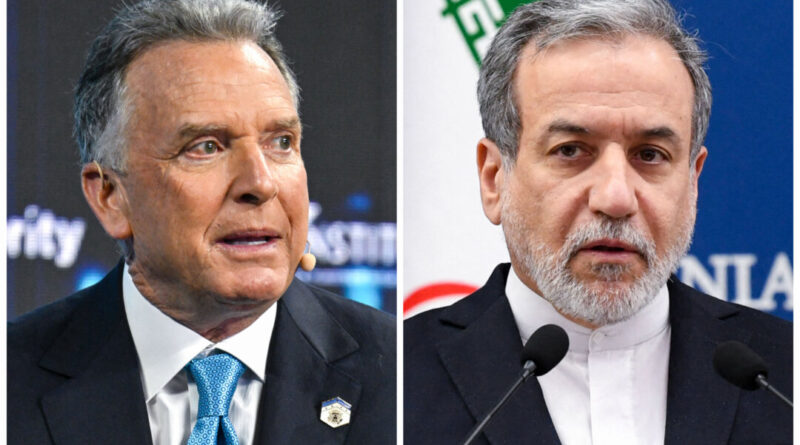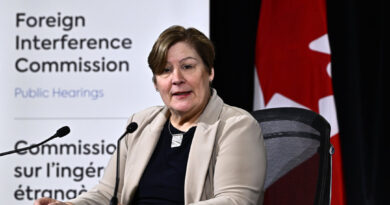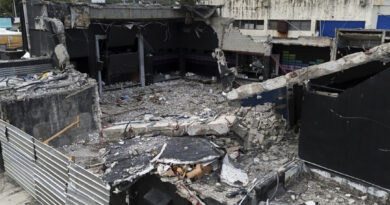US and Iran Finalize Second Round of Nuclear Discussions, Move Forward with Third Round
Iran’s Foreign Minister and the U.S. special envoy have agreed to hold a third round of talks with the goal of preventing Iran from acquiring a nuclear weapon.
The second round of talks between Iran and the United States aimed at restricting Iran’s nuclear weapons development has concluded, with both parties agreeing to meet again next week.
Iran’s Foreign Minister Abbas Araghchi and U.S. envoy Steve Witkoff held the talks in Rome on April 19.
Witkoff and Araghchi briefly interacted at the end of the talks, marking the first direct engagement between officials from the two countries since 2015 under President Barack Obama.
The next meeting is scheduled for April 26 in Oman, with additional experts from both sides scheduled to meet, indicating progress in the talks.
According to Iran, experts will discuss technical details of a potential deal.
“The talks were productive, and we are making progress,” Araghchi reported to Iranian state television. “I believe we will be in a better position after the technical discussions.”
The success of the high-stakes talks depends on Witkoff and Araghchi finding common ground on Iran’s nuclear program and regional security concerns.
Prior to the talks, Araghchi affirmed Iran’s commitment to diplomacy and urged all involved parties to seize the opportunity to reach a fair and rational nuclear deal.
“An agreement should respect Iran’s legitimate rights, lift unfair sanctions, and address any concerns about Iran’s nuclear activities,” Araghchi stated, as per Iranian state media.
While Tehran has downplayed the likelihood of a quick agreement, Iranian Supreme Leader Ayatollah Ali Khamenei expressed cautious optimism that a deal might be reached.
Focus on Iran’s Nuclear Weapons Capability
It remains unclear what specific points the current negotiations hinge on. Last week, Iranian officials indicated that the initial talks would lay out each party’s positions and red lines.
U.S. President Donald Trump has prioritized preventing Iran’s acquisition of nuclear weapons in his foreign policy agenda. He is open to allowing Iran to maintain its nuclear facilities provided there are restrictions on uranium enrichment levels.
“I want to prevent Iran from having a nuclear weapon,” Trump stated at the White House. “Iran cannot possess nuclear weapons. I want Iran to thrive and be successful.”
In March, Trump reached out to Khamenei with a proposal for a new nuclear deal, which was rejected by Tehran at that time.
“If no agreement is made, there will be military action like never before,” Trump declared in a social media post on March 30.
In February, Trump reintroduced a “maximum pressure” campaign on Iran, reimposing sanctions in an effort to bring Iran to the negotiating table.
A report from the United Nations’ nuclear watchdog early this year suggested that Iran’s accelerated uranium production could potentially result in the production of several warheads.
Tehran maintains that its nuclear program is peaceful and is willing to negotiate restrictions in exchange for sanctions relief, while demanding solid guarantees from the U.S. to prevent future reneging on agreements.
46 Years of Hostility
Overcoming the deep-rooted hostility between Washington and Tehran poses a significant challenge. The two nations have been at odds for nearly five decades.
Iran was once a key U.S. ally in the Middle East, but relations soured following the Iranian Revolution in 1979. Since then, Iran has shifted to opposing U.S.-associated modernization and advocating for the destruction of Israel.
Recent tensions between the two nations have been exacerbated by Iran’s support of terror groups and military agreements with Russia. The outcome of the talks may be influenced by these issues.





